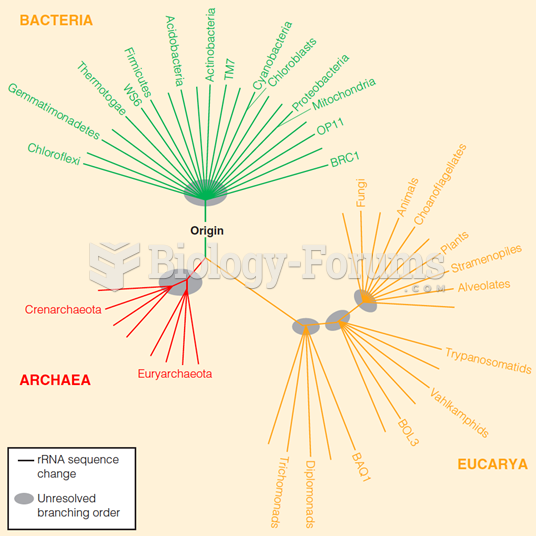Answer to Question 1
Why do we exist? What is our purpose in life? These age-old questions relate to our search for life's meaning. As you will recall from Chapter 1, Antonovsky's salutogenic model includes a sense of coherence (SOC) concept, and meaningfulness is the most important of SOC's three components (i.e., comprehensibility, manageability, and meaningfulness). Though there are many different definitions of meaning, Steger defines meaning in life as the extent to which people comprehend, make sense of, or see significance in their lives, accompanied by the degree to which they perceive themselves to have a purpose, mission, or overarching aim in life. From this definition we can see that meaning in life reflects both a cognitive component (comprehension) and a motivational component (purpose).
Steger states that across many studies, most people have indicated that relationships with others are the most important source of meaning in their lives. As we can see, themes of comprehension, purpose, meaning, and coherence seem to interweave to form the complex patterns and fabric of our world view that we can then apply not only to ourselves, but to others in our lives, and to our relationships. From this world view we gain a big picture perspective that promotes a better understanding of our place in the world and what we are meant to do with our lives. There is also growing evidence that engaging in religious/spiritual organizational activity confers positive effects on both health and well-being.
Answer to Question 2
Forgiveness and gratitude research has expanded rapidly over the last decade. Both concepts link to positive well-being. Forgiveness is an act of giving up resentments towards those we perceive to have harmed us or another and letting go of claims for retribution or restitution. McCullough and his colleagues note that forgiveness helps to restore relationships that are impaired by past aggression or conflict. Rather than engaging in an endless cycle of revenge and counter-revenge for perceived wrongs, forgiveness represents a prosocial tool for relationship restoration.
One study found that when people experienced normal fluctuations in forgiveness levels, elevated forgiveness was later followed by higher levels of psychological well-being in the form of greater positive affect and satisfaction with life and less negative affect and physical health symptoms. These findings suggest that elevated forgiveness may lead to increases in well-being. They also found evidence for a bidirectional relationship suggesting that high well-being may lead to more forgiveness.







